Milwaukee Journal Sentinel – Seeking to break an impasse on the state budget, Gov. Scott Walker has proposed reducing borrowing for transportation projects while sticking to his pledge not to raise gas taxes or vehicle fees.
The plan gained no immediate traction and his fellow Republicans who control the Legislature signaled they remain far apart on highway funding — the biggest reason for the budget stalemate.
Walker and lawmakers missed last week’s deadline for putting a budget in place and Thursday brought no sign of when they might reach an agreement. In the meantime, funding for state programs will continue at the levels set in the last budget until a new deal is reached.
Walker this spring recommended borrowing $500 million for road projects over the next two years. But in a letter to legislative leaders this week, Walker said he would be willing to reduce that to $300 million — at least initially.
But if the state landed additional federal aid, it would be able to borrow more than the $300 million, under Walker’s new plans. An aide to Walker said the governor was open to discussing with lawmakers how much additional borrowing would be acceptable in that scenario.
Walker sent his letter Wednesday to Assembly Speaker Robin Vos (R-Rochester) and Senate Majority Leader Scott Fitzgerald (R-Juneau) and made it public Thursday.
“We can pass a budget that provides meaningful increases to local governments to improve roads and bridges — as well as add significant investments in safety and maintenance and highway rehabilitation — all without raising the gas tax or vehicle fee,” Walker wrote.
The governor’s original transportation plan would delay work on some projects, including the north leg of the Zoo Interchange in Milwaukee County and I-94 south of Milwaukee. But he said his new plan would not result in further delays because of projected savings and tax collections that were better than expected.
Republicans control all of state government but have been unable to complete a budget because of their differences on transportation and, to a lesser extent, taxes and schools.
Assembly Republicans want to find new money for roads by raising gasoline taxes or other fees. Walker and Senate Republicans are opposed to that.
Underlining the disconnect between the two sides, Fitzgerald emerged Thursday from a meeting with fellow GOP senators to say his caucus won’t support raising new money for roads
“No gas tax, no increase in fees,” he said when asked to sum up the position of Senate Republicans.
“In our caucus … there certainly is the idea we’re not going to support any new revenue because we believe there’s enough revenue in the system and believe that (the Department of Transportation) needs to be significantly reformed,” he said. “We think there’s some money that’s in DOT that’s currently being wasted.”
Senate Republicans want to borrow $750 million for roads over the next two years, a modest decrease from their previous positions of seeking $850 million in highway loans.
Senate Republicans want to prevent further delays on the Zoo Interchange and I-94 south of Milwaukee, Fitzgerald said. They also want to begin work on the east-west portion of I-94 between the Marquette and Zoo interchanges — an idea Walker rejected this spring.
Rep. John Nygren (R-Marinette), the co-chairman of the Legislature’s budget committee, praised Walker’s letter as a good first step but offered little reason to think it would solve the stalemate on its own.
“It’s good that the governor’s engaged and looking for a solution,” Nygren said.
Meanwhile, the DOT is seeking $341 million through a special federal highway program — more than 10 times as much as it has received through that program in recent years.
When states don’t use all their federal aid, other states can compete for what’s left over. Wisconsin has received $34 million annually on average through that program in the last five years, according to the Legislature’s nonpartisan budget office.
During that time, the state applied for between $30 million and $137 million annually. But the most the state has ever gotten since 2012 is $40 million, according to the Legislative Fiscal Bureau.
Nygren said that Assembly Republicans would be willing to provide more state matching dollars to capture such additional federal aid for highway projects. But he was skeptical that Wisconsin would see a huge jump in federal money for roads.
“Passing a budget based on (federal money) being there — I’m not sure we’re there,” he said.
Democrats dismissed Walker’s letter as doing little to close the long-term shortfall in planned spending on roads and expected revenue to pay for it. They pointed out that in the past, Walker has opposed taking more federal money for expanding health care for the needy under Obamacare and questioned taking more federal money for infrastructure through the 2009 stimulus legislation.
Rep. Katrina Shankland (R-Stevens Point) said Walker is now looking to a “federal bailout” when he should be looking for ways the state itself could pay for its long-term road projects.
“The proposal doesn’t even try to solve that problem,” Shankland said of Walker’s letter.
